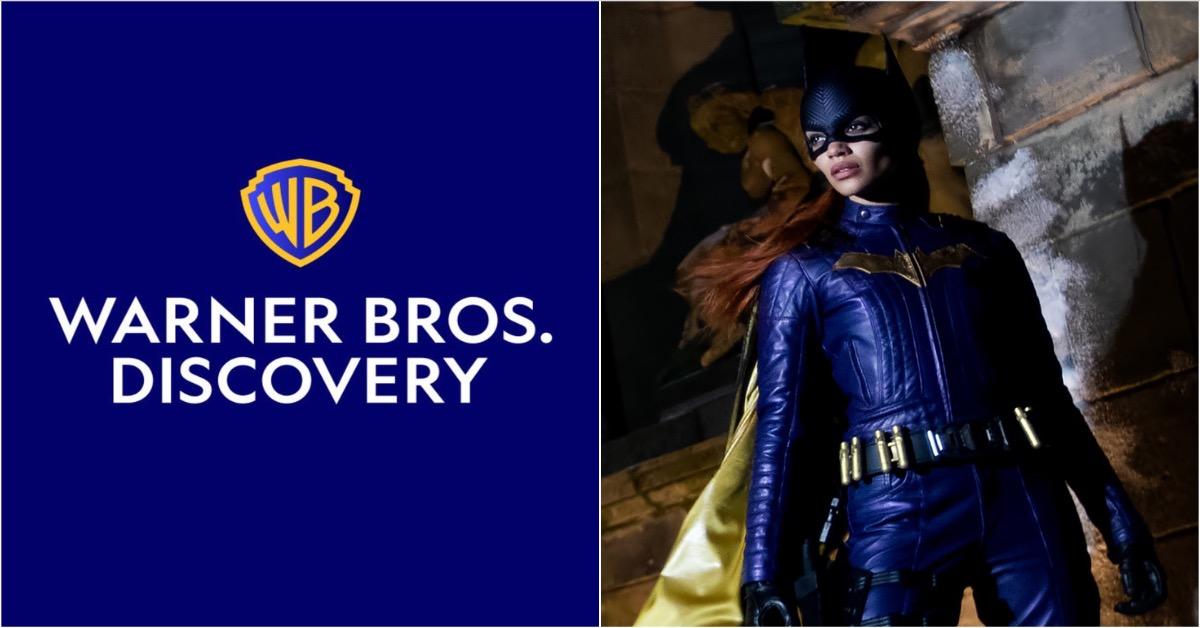trappedslider
Legend
or do we?

 www.theverge.com
www.theverge.com

We finally have an idea of what kind of stuff David Zaslav wants Warner Bros. Discovery to make.
Warner Bros. Discovery CEO David Zaslav was candid during the company’s Q3 earnings call about why shows are disappearing.





